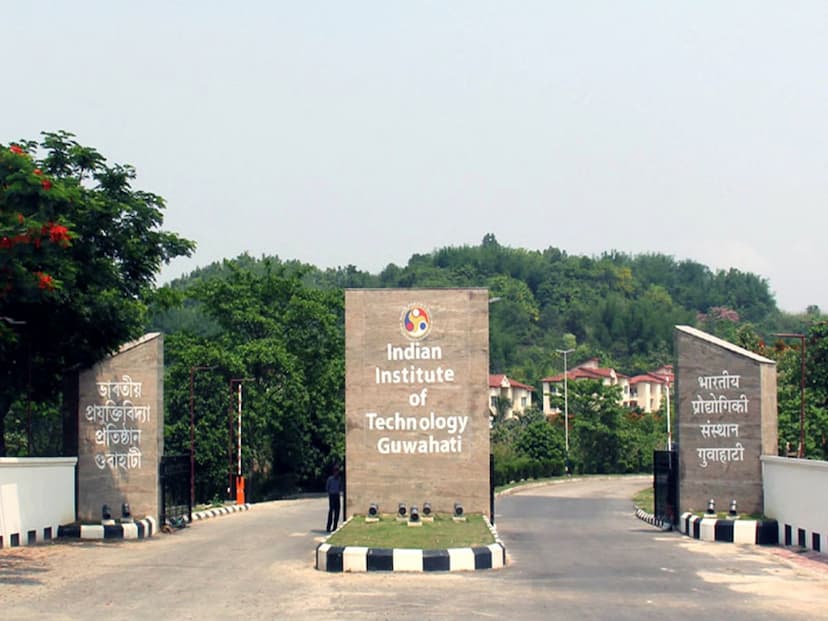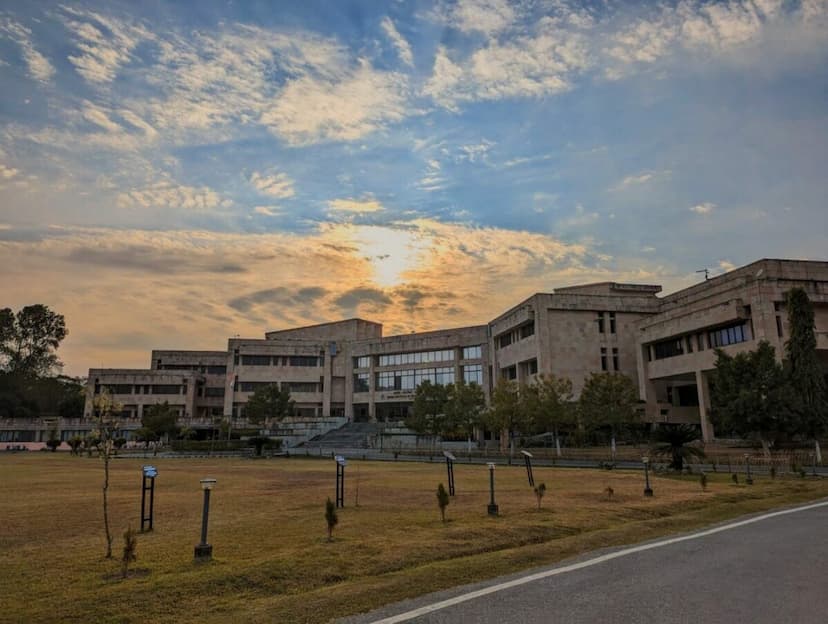IIT Guwahati research sheds light on great bilingualism

IIT Guwahati has taken up new research that has provided valuable insights into how bilingual comprehension is influenced by cultural cues in non-Western, non-immigrant communities.
Their finding aligns with previously held beliefs about the role of cultural context in language processing.


Focus
The study focuses on how cultural cues affect the translation process between first and second languages across different age groups, say sources from IIT Guwahati.
By moving beyond the typical emphasis on Western, Educated, Industrialized, Rich, and Democratic (WEIRD) populations, this research provides a more inclusive understanding of bilingual experiences in non-Western settings.
Publishing
The findings have been published in the prestigious journal Poznan Studies in Contemporary Linguistics published by Mouton De Gruyter and co-authored by Prof. Bidisha Som and her research scholar, Dr. Opangienla Kechu, from the Department of Humanities and Social Sciences at IIT Guwahati, along with Prof. Luis Benites and Prof. Rocío Maehara from Universidad del Pacífico, Lima, Perú.


This research has significant implications for fields like education, healthcare, and customer service, where multilingual communication is common, said Prof Som.
‘By understanding how cultural familiarity or mismatch influences comprehension, educators can design more effective bilingual programs tailored to students’ backgrounds.’

Similarly, healthcare professionals and translators can leverage these findings to enhance communication in diverse settings, said Prof Sam.
Task
In the study, participants completed a task where they identified whether word pairs from the Rongmei and Meitei languages were correct translations, say sources from IIT Guwahati.
Before seeing the second word, they were shown cartoon images of individuals dressed in traditional Rongmei or Meitei attire, or neutral outfits such as jeans and t-shirts.
The study utilized E-Prime 3.0 software to measure the speed and accuracy of participants’ responses, say sources from IIT Guwahati.

Aim
The aim was to investigate whether cultural cues influenced performance in a translation word recognition task and whether factors like age, living conditions, or translation direction affected the results, say sources from IIT Guwahati.
Interestingly, the study found the effect of culture cues despite the cultural and geographical proximity of the two communities studied.
The study also found that age played a very important role with faster response time among younger participants suggesting that culture cues may become less salient in populations where bilingualism and biculturalism are a routine part of life.
The researchers suggest that in societies where switching between languages and cultures is commonplace, these differences may become less pronounced during language tasks.
Key findings
Discussing the key findings, Prof. Bidisha Som remarked this study is crucial because it adds to the current assumption that cultural context always plays a significant role in bilingual language processing.
In communities where bilingualism and biculturalism are the norm, cultural cues appear to matter less in language comprehension; however that too is dependent on other subtle cues in the environment, said Prof Sam.
In multicultural societies, this research can aid in reducing communication misunderstandings, ultimately enhancing social integration and cognitive development for bilingual individuals.

They cover all the major engineering, science, healthcare, management, and humanities disciplines, offering BTech, BDes, BSc(Hons), MA, MDes, MTech, MSc, MS(R), MBA and PhD programmes.
The institute offers a residential campus to 455 faculty members and more than 8,600 students at present.
IIT Guwahati has retained the 7th position among the best engineering institutions of the country, 9th position in ‘Overall’ and 10th position in ‘Research’ Categories in the ‘India Rankings 2024’ declared by the National Institutional Ranking Framework (NIRF) of the Union Ministry of Education.
Also Read – Top 21 IITs in India in 2024: NIRF 2024 Ranking
S Vishnu Sharmaa now works with collegechalo.com in the news team. His work involves writing articles related to the education sector in India with a keen focus on higher education issues. Journalism has always been a passion for him. He has more than 10 years of enriching experience with various media organizations like Eenadu, Webdunia, News Today, Infodea. He also has a strong interest in writing about defence and railway related issues.







